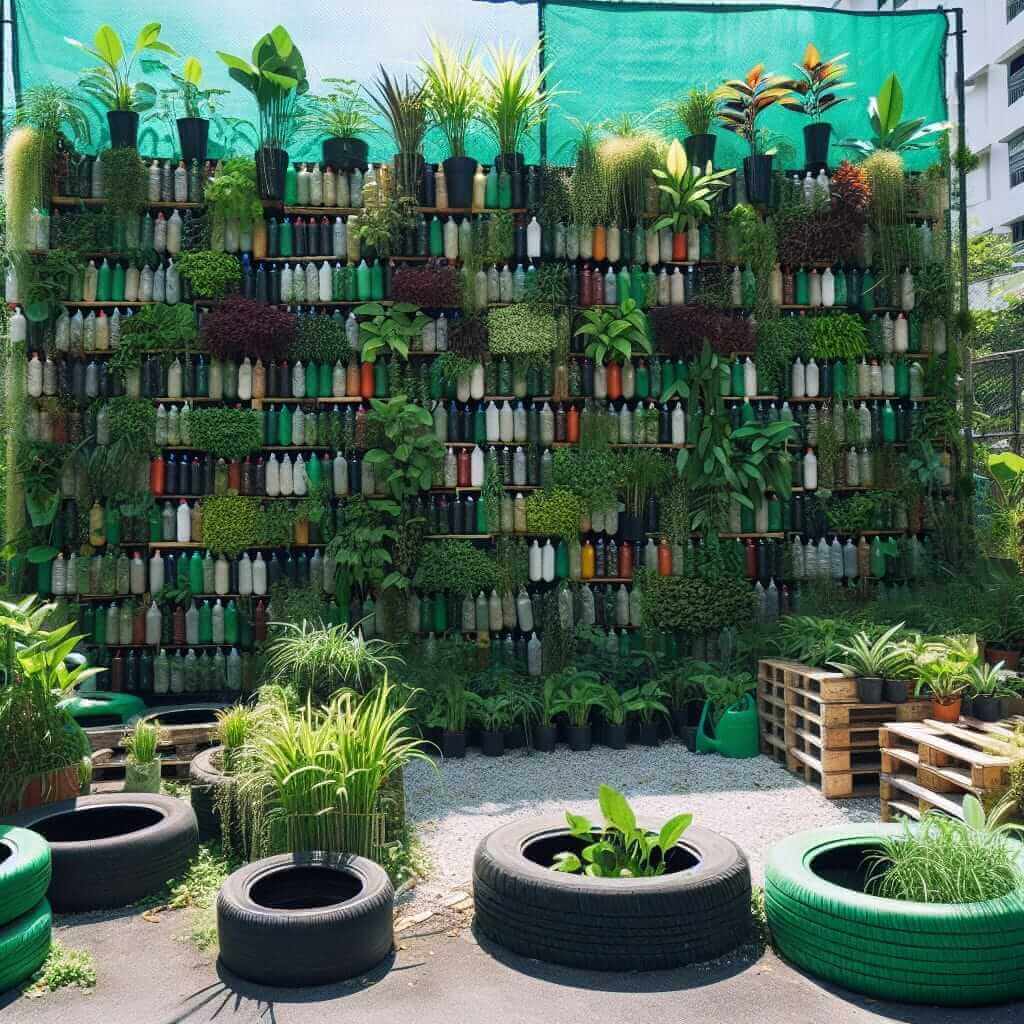The IELTS Speaking test is a crucial part of the IELTS exam, assessing your ability to communicate effectively in English. It consists of three parts: Introduction and Interview (Part 1), Long Turn (Part 2), and Two-way Discussion (Part 3). One of the popular topics you might encounter in Part 2 is to “describe a time when you worked on a creative project.“
To excel in this segment, you need to demonstrate fluency, coherence, vocabulary range, grammatical accuracy, and pronunciation. This article will guide you through sample questions and answers, useful vocabulary, and invaluable tips to help you prepare thoroughly. Let’s dive in!
Part 1: Introduction and Interview
Common Questions Examiners Might Ask:
- What do you do?
- Do you enjoy your work/studies? Why or why not?
- Do you prefer to work alone or with others?
- Have you ever worked on a creative project? Can you describe it?
Sample Answer:
Question: “Do you prefer to work alone or with others?”
Answer:
“Personally, I prefer working with others because it allows me to collaborate and exchange ideas. For instance, when I worked on a creative project in my university, the synergy from brainstorming sessions helped us come up with unique solutions that I wouldn’t have thought of on my own. Moreover, seeing how different perspectives enrich the final product makes teamwork truly rewarding.”
Part 2: Long Turn
Cue Card:
Describe a time when you worked on a creative project. You should say:
- What the project was.
- What your role was.
- How you worked together with others.
- And explain why this project was creative.
Sample Answer:
“One time, I worked on a creative project to design a sustainable garden for our community center. My role was to coordinate the team, plan the layout, and source eco-friendly materials. We worked closely together by setting up regular meetings, and using collaborative tools to share ideas and designs. What made this project particularly creative was our approach to using recycled materials and incorporating vertical gardening techniques. This not only maximized space but also promoted environmental sustainability. Overall, it was a rewarding experience that combined innovation with community impact.“

Bullet Points for Follow-up Discussion:
-
What challenges did you face in the project?
“One major challenge was sourcing affordable recycled materials. We had to innovate and think outside the box by visiting local recycling centers and negotiating with vendors.”
-
What did you learn from this project?
“I learned the value of teamwork and creative problem-solving. Coordinating with a diverse group of individuals taught me to appreciate different viewpoints and work towards a common goal.”
Part 3: Two-way Discussion
Examiner Questions and Sample Answers:
Question: “Do you think creativity is important in the workplace?”
Answer:
“Absolutely, creativity is vital in the workplace as it drives innovation and problem-solving. For example, in my previous job, creative approaches led to enhanced productivity and cutting-edge solutions for our clients. Encouraging creativity also boosts employee morale and engagement, making the workplace more dynamic and enjoyable.”
Question: “How can companies foster a creative environment for their employees?”
Answer:
“Companies can foster a creative environment by providing flexible workspaces, encouraging open communication, and offering professional development opportunities. For instance, collaborative spaces and brainstorm sessions can stimulate new ideas, while workshops and training programs can enhance employees’ creative skills.”
Key Vocabulary and Structures
Sustainable (adj.) /səˈsteɪnəbəl/: Able to be maintained at a certain rate or level.
- Example: “We designed a sustainable garden using recycled materials.”
Innovate (v.) /ˈɪnəˌveɪt/: Make changes in something established, especially by introducing new methods or ideas.
- Example: “We had to innovate to source affordable materials.”
Synergy (n.) /ˈsɪnərdʒi/: The interaction or cooperation of two or more organizations, substances, or other agents to produce a combined effect greater than the sum of their separate effects.
- Example: “The synergy from brainstorming sessions helped us come up with unique solutions.”
Vertical gardening (n.): A technique for growing plants on vertical surfaces to save space.
- Example: “We incorporated vertical gardening techniques in the project.”
Examiner’s Tips for High Scores
- Practice regularly to become fluent and confident.
- Use a wide range of vocabulary and avoid repetition.
- Structure your answers clearly with a beginning, middle, and end.
- Stay calm and composed during the exam.
- Expand your answers with relevant examples and details.
By following this guide, you can effectively tackle the topic “describe a time when you worked on a creative project” and other related subjects in the IELTS Speaking test. Keep practicing and you will surely see improvement in your speaking skills.